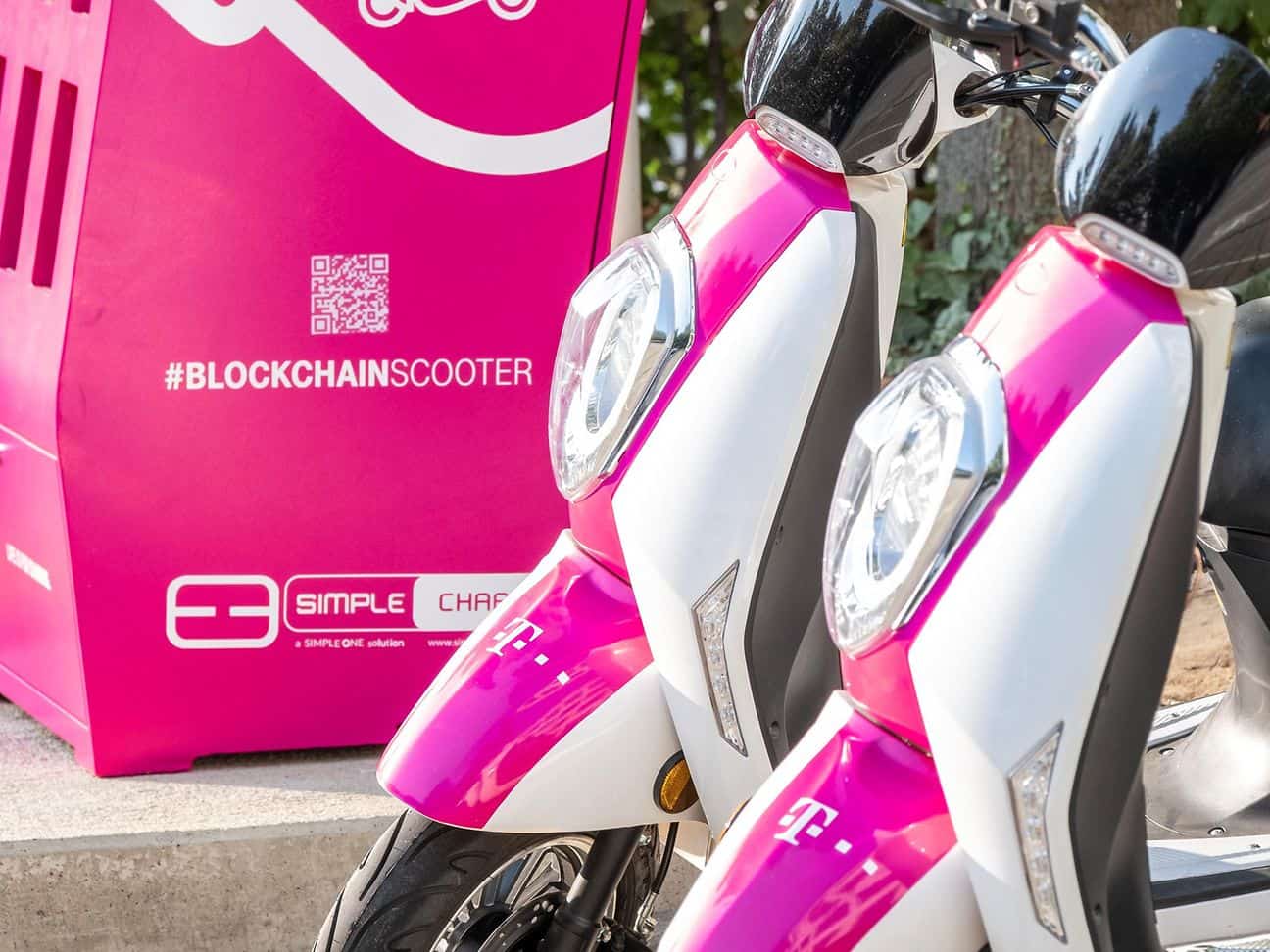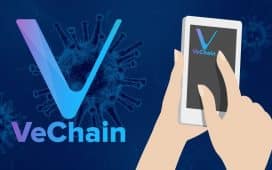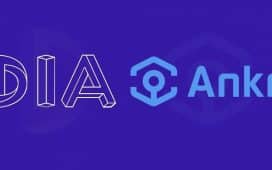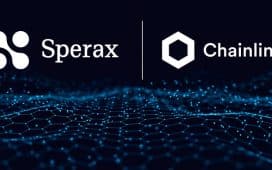Blockchain technology is making its headway into nearly all sectors of the economy, be it commerce finance or as a mode of payment for certain government utilities. A new feather to its hat is the transportation and mobility sector, particularly the e-mobility sector, one of the major segments of the “machine and sharing economy.” This time it is the e-mobility sector in Germany which aims to bring in blockchain technology for a ‘decentralized’ system of transportation, the first demonstration of which would be through the electric scooter, an already popular option of transport. Deutsche Telekom Innovation Laboratories has planned to introduce an e-scooter with an e-mobility pilot that is based on blockchain technology. This is a first of its kind innovation that T-Labs (the R&D unit of Deutsche Telekom) has planned to launch and has been named the X-ride and is intended to save time as compared to the lengthy centralized process that is followed now.
T-Labs was set up in 2017 as a blockchain group within the Deutsche Telekom Innovation Laboratories, and it deals with all the blockchain-related activities of the company, like research, development, implementation, coordination and so on. It, therefore, supplies business and telecom clients of Deutsche Telecom with the necessary technological know-how in blockchain especially with the German government being very proactive and encouraging w.r.t. digital technology. Recently, the company had also employed a professor of blockchain studies of the CODE University, Berlin, named Dr. Dwindle Rupple to contribute to and guide the firm’s blockchain-based innovations. T-Lab’s collaboration and partnership with CODE thus help in bringing new technologies from different parts of the globe, adding significant value to the company’s initiatives.
In the case of Xride, the system is backed by a blockchain operating stack called ‘Stax’ that enables “creation of decentralized, trusted and secure IoT eco-structures (ecosystem infrastructures),” which has been created by T-Labs. This would play an important role in the systemic development of “machine-to-machine economies” with such eco-structures allowing producers and consumers to link and exchange trusted data in a decentralized manner. Stax links the different blockchain technologies into a “single operating stack” which allows smooth management among various enterprises. “In the Xride pilot, Stax enables shared deployment, where blockchain nodes run on machines, devices, and cloud-based computing systems.” A trial period over four weeks will see the use of Stax to test its benefits in Bonn, at the Deutsche Telekom’s headquarters.
John Calian, senior vice-president and head of T-Labs said,
In Xride, historically centralized functionalities like identity management, data verification, and storage, payments and charging are fully decentralized. This allows for a less costly, more secure and more efficient vehicle sharing that benefits both providers and the user.
A number of e-scooters would be made available to DT employees from Simple Mobility and the trial will have have the participants using the Xride app, changing batteries at the installation points and share their experience with the T-Labs group. Thus, with this project blockchain will make its presence felt in the transportation and mobility sector, to make it a smoother and faster experience.






